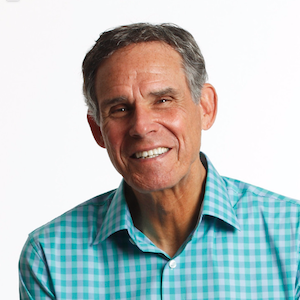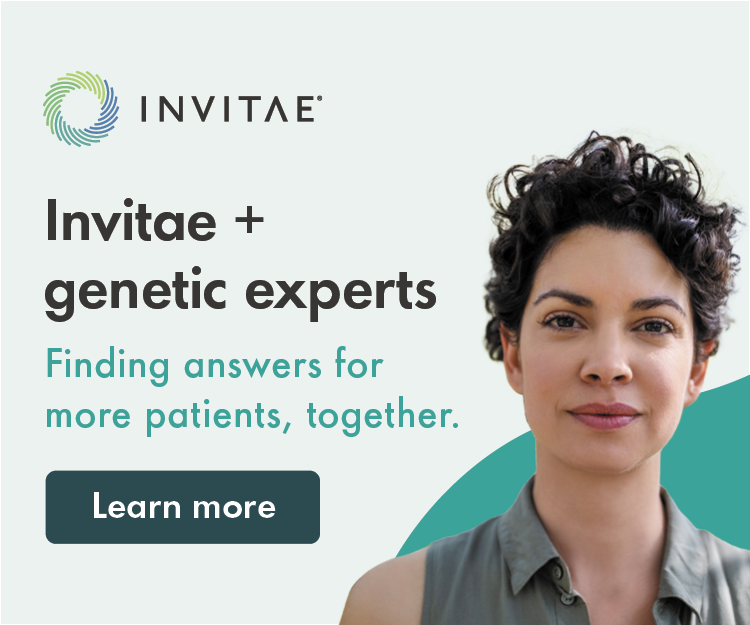
Chapters:
00:00 AI transforming radiology today, U.S. lags behind Britain and others
04:37 The future is now
11:02 Liberation from keyboards!
16:25 When machines take over the job of reading the scans, they can serve instead as interpreters and honest brokers. (Laura evinces a bit of skepticism… radiologists, direct your hate mail to beaglelanded.com)
22:20 EHR’s are “the single biggest reason why we’ve had further marked erosion of the patient-clinician relationship." “Is that why we’re in this field?” Eric asks. To optimize billing?
25:30 The importance of getting the bias out of data and out of databases. A never-ending process: AI programs need permanent surveillance.
28:47 Eric’s adventures in the world of personalized diet. “I wouldn’t want to go through it again, honestly.” But what did he learn? “Our response to food is remarkably heterogeneous” and – surprise – “it has nothing to do with you genome.” Sorry, nutrigenetics companies. Also, it turns out he should be eating more cheesecake.
35:58 Eric reflects on his experience with Theranos, which left him with a deep “reverence for transparency and peer reviewed publications.”
37:55 Deep Medicine hypothesizes that AI can be a positive influence, where high tech liberates providers to practice a more humanistic sort of health care – frees us to do the human things, like listening to our patients. How do we get there? Activism, Eric suggests, pointing to the medical community’s recent pushback against the NRA, when it told doctors to “stay in their lane.” More of that, please! We’re going to need it.
As the Gary and Mary West Professor of Innovative Medicine and Founder/Director of the Scripps Translational Institute, Eric Topol is in the visionary business, trying to imagine what medicine will look like in the future. His current book, Deep Medicine, explores how artificial intelligence will affect all aspects of healthcare – from the obvious stuff (reading x-rays) to the not-so-obvious (creating digital twins for research studies). AI, Topol says, has the potential to improve the life of patients AND doctors, freeing the latter from their keyboards, giving them the gift of time, allowing them to connect with patients in a whole new way (wait, he wants doctors to be… genetic counselors?). Or it could reinforce the same commercial pressures and inequities that burden the field of medicine today.

